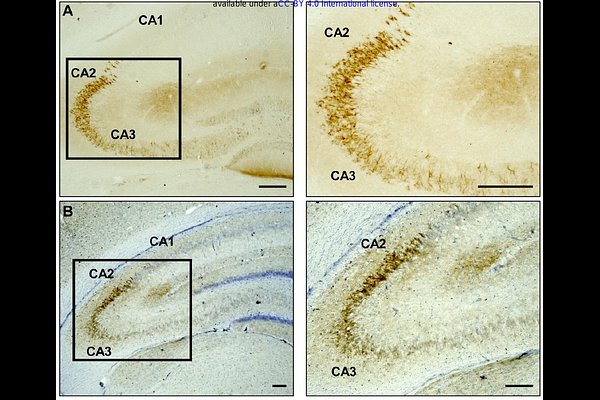Mitochondrial Calcium Uniporter protects hippocampal CA2 neurons from excitotoxic injury

Mitochondrial Calcium Uniporter protects hippocampal CA2 neurons from excitotoxic injury
Skweres, A.; Beresewicz-Haller, M.; Basheer, O.; Nalepa, M.; Owczarek, A.; Kawalec, M.; Gruszczynska-Biegala, J.; Zabłocka, B.; Wegrzynowicz, M.
AbstractBackground. The hippocampal region CA2, unlike neighboring CA1, is exceptionally resistant to excitotoxicity, although the mechanisms behind this phenotype are unknown. Given the importance of mitochondrial calcium buffering, we investigated whether the Mitochondrial Calcium Uniporter (MCU), recently found to be enriched in CA2, contributes to this resistance. Methods. We employed immunostaining techniques in rodent brain tissue and organotypic slice cultures to visualize MCU distribution across hippocampal regions under both resting and excitotoxic conditions. Subsequently, we pharmacologically modulated MCU in an organotypic model of hippocampal excitotoxicity to assess its contribution to regional resistance to NMDA. Results. We found a strong spatial correlation between resistance to excitotoxic injury and MCU expression. Notably, NMDA exposure resulted in MCU upregulation in CA2, and pharmacological inhibition of MCU sensitized CA2 neurons to excitotoxic damage in a dose-dependent manner, while having minimal effect on the already vulnerable CA1 neurons, which express low MCU levels. Conclusions. MCU is known to exacerbate NMDA-induced cell injury, although our data indicate that CA2 neurons possess unique mitochondrial calcium handling capabilities enabling MCU to support neuroprotection. Our study provides novel insight into mechanisms supporting CA2 resistance to excitotoxic death and emphasizes context-dependent roles of MCU in neuronal injury or survival.